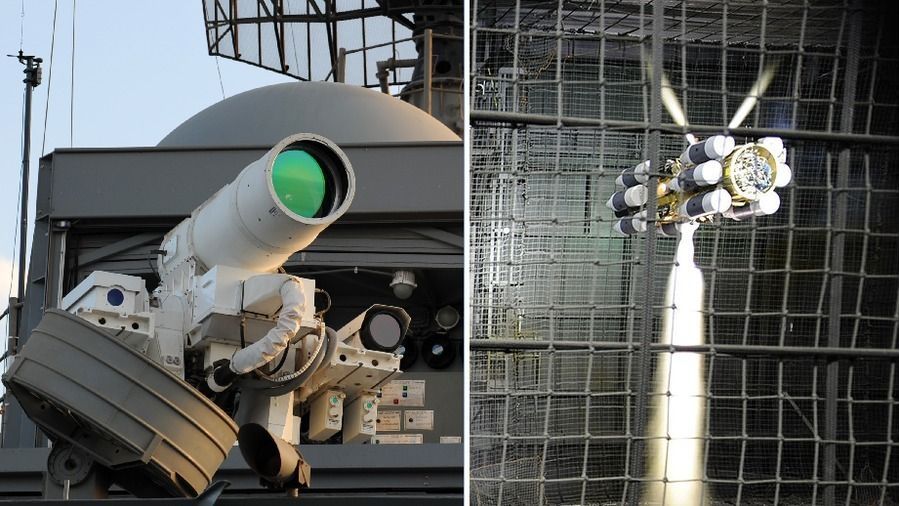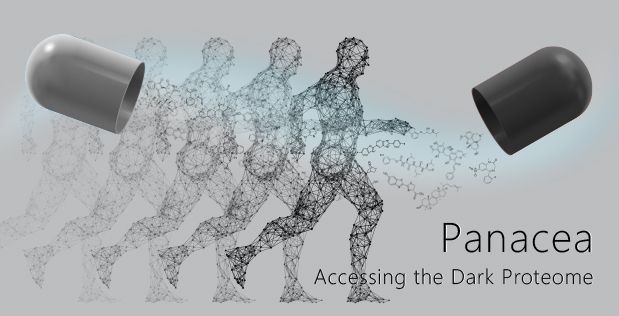Dec 6, 2018
Lasers & space weapons? How US might try to counter invincible Russian & Chinese hypersonic missiles
Posted by Derick Lee in categories: military, space, sustainability
The American missile defense system, strategically placed all around the globe, has been the centerpiece of the “defensive” capabilities of Washington for years. The system relies on anti-aircraft missiles, supposed to shoot down incoming hostile projectiles. But the emergence of unconventional weaponry –namely the hypersonic missiles– has raised demand for new, equally unconventional defense systems.
Apart from hitting an incoming projectile with an intercepting one, the anti-missile research and development in the US revolved around two main ideas – using lasers and hitting hostile missiles with a kinetic device. The US military-industrial companies have been recycling the two concepts for years, fielding several prototypes that never entered full-scale production.


















